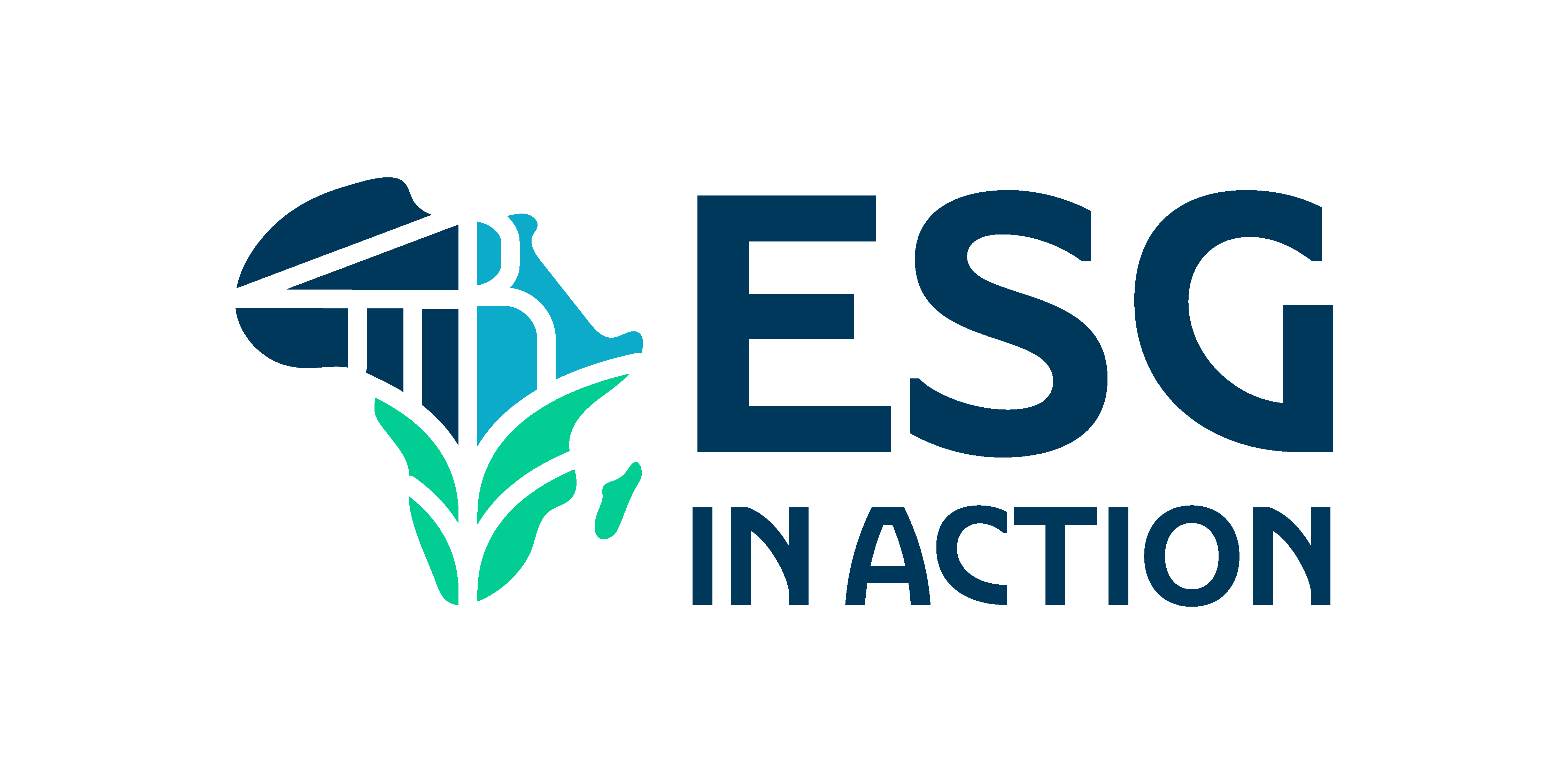
ESG is a Process and Not an Outcome


In today’s world, Environmental, Social, and Governance (ESG) factors play a crucial role in shaping the success and impact of organisations. ESG goes beyond traditional financial metrics and focuses on sustainable practices that consider the environment, society, and governance aspects of business operations. However, it is important to understand that ESG is not a one-time achievement but a continuous process. By integrating ESG principles into business practices, organisations can create lasting value, drive innovation, and contribute to the well-being of society and the environment.
Environmental Excellence (E)


Embracing Sustainability:
To achieve ESG excellence, organisations must prioritise environmental sustainability. This includes adopting practices that minimise negative environmental impact and promote resource efficiency. By embracing sustainable approaches, African organisations can significantly contribute to environmental preservation and climate change mitigation.
Sustainable Resource Management:
Efficient resource management is a critical aspect of environmental excellence. Organisations can reduce waste generation, optimise energy consumption, and adopt renewable energy sources to minimise carbon footprint. By implementing sustainable resource management strategies, businesses can not only contribute to environmental conservation, but also save costs in the long run.
Climate Change Mitigation:
Climate change poses a significant challenge globally, and organisations have a responsibility to address it. Through measures like greenhouse gas emissions reduction and promoting climate resilience, organisations can play a vital role in mitigating climate change impacts and safeguarding communities and ecosystems.
Social Responsibility (S)


ESG also encompasses social aspects that emphasise the well-being of stakeholders, including employees, communities, and customers. Organisations need to prioritise social responsibility to create positive societal impacts and foster long-term sustainable relationships.
Stakeholder Engagement:
Engaging stakeholders is crucial for social well-being. By actively involving employees, local communities, and customers in decision-making processes, organisations can foster trust, collaboration, and a sense of shared responsibility. Stakeholder engagement not only enhances the reputation of organisations, but also helps identify social issues and develop targeted solutions.
Diversity, Equity and Inclusion:
Diversity and inclusion are fundamental values that drive organisational success. Organisations should be more intentional about creating inclusive work environments that embrace diversity in all its forms. Research shows that diverse teams enhance innovation, decision-making, and overall performance. By championing diversity and inclusion, organisations contribute to a more equitable society and gain a competitive edge.
Human Rights and Labour Practices:
Respecting human rights and promoting ethical labour practices is essential for organisations to be sustainable. By upholding fair labour standards, preventing discrimination, and ensuring safe working conditions, organisations can positively impact the lives of employees and create sustainable supply chains that support local communities.
Governance and Accountability (G)


Good governance forms the backbone of sustainable organisations. Transparent leadership, accountability, and ethical business practices are crucial for establishing trust among stakeholders and driving long-term success.
Transparent Leadership:
Effective governance structures are essential for organisations to make informed decisions and drive sustainable growth. Fine leadership promotes trust and helps organisations align their operations with stakeholder expectations. By fostering a culture of accountability, organisations can ensure that ESG principles are integrated into decision-making processes at all levels.
Ethical Business Practices:
This concept is the foundation of sustainable organisations. Businesses must maintain high ethical standards, prevent corruption, and promote fair competition. Upholding ethical principles not only enhances the reputation and credibility of organisations but also contributes to the overall social and economic development of Africa.
Compliance and Risk Management:
Compliance with regulations and proactive risk management are critical components of ESG excellence. Organisations must establish robust compliance frameworks that address ESG-related regulations and standards. By effectively managing risks associated with ESG factors, organisations can safeguard their operations, reputation, and long-term sustainability.
Final Thoughts…


It is quite evident that from an appreciation of the aforementioned, ESG is a journey that requires organisations to continually assess and improve their practices. By embracing ESG principles, organisations can drive positive change and contribute to sustainable development in the region. As a consortium dedicated to empowering African organisations in their ESG journey, ESG in Action Africa invites organisations to collaborate with us and leverage our expertise and resources to enhance their sustainability practices.
We bring global perspectives with a commitment to innovation, staying at the forefront of ESG trends and experience that ensures we shape solutions that are world-class yet aligned to the continent’s needs, from a deep understanding of the unique challenges and opportunities faced by organisations operating in the African context. Together, we can create a future where ESG excellence and sustainability become the norm, benefiting not only organisations, but also society as a whole. Let us embark on this journey towards a better and more sustainable world.



